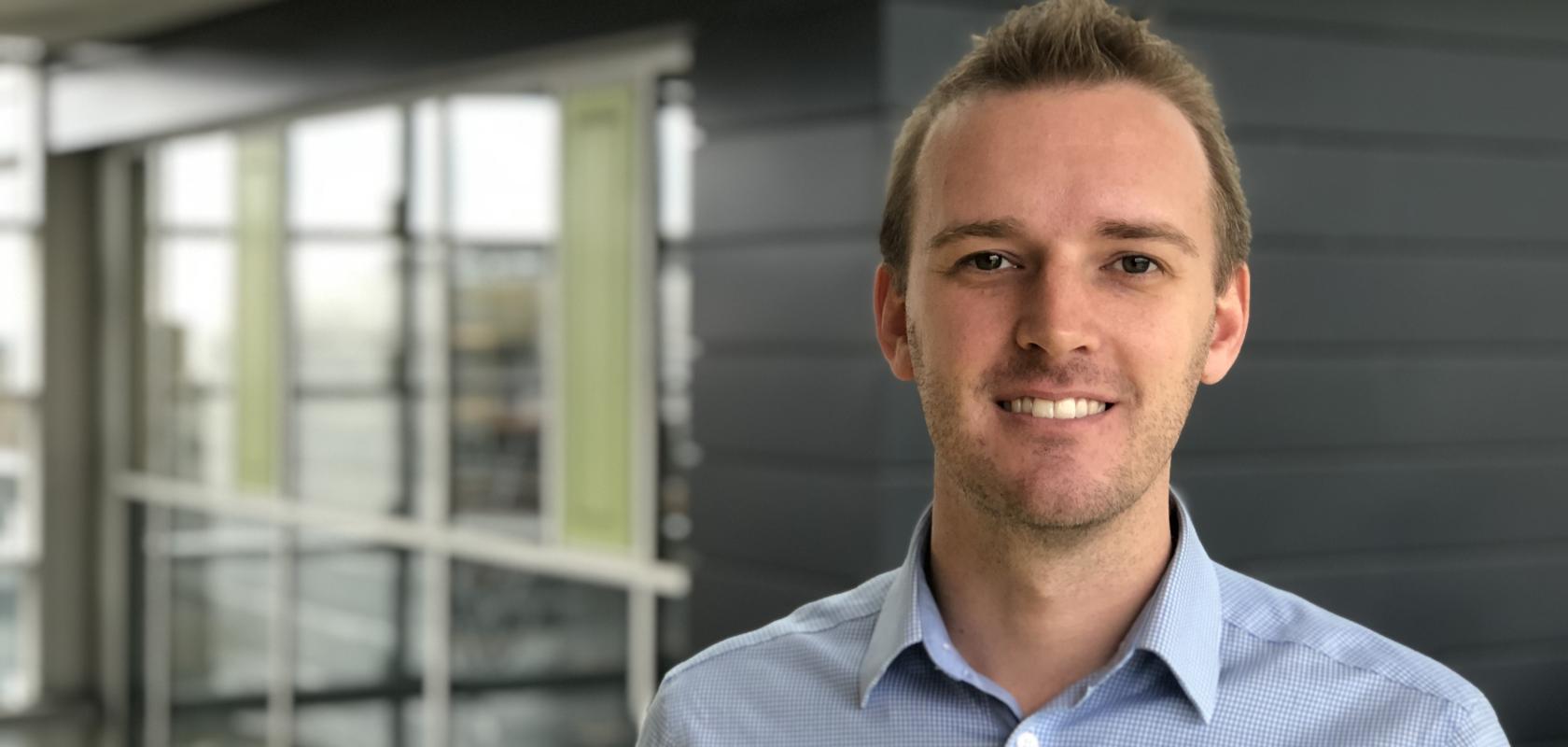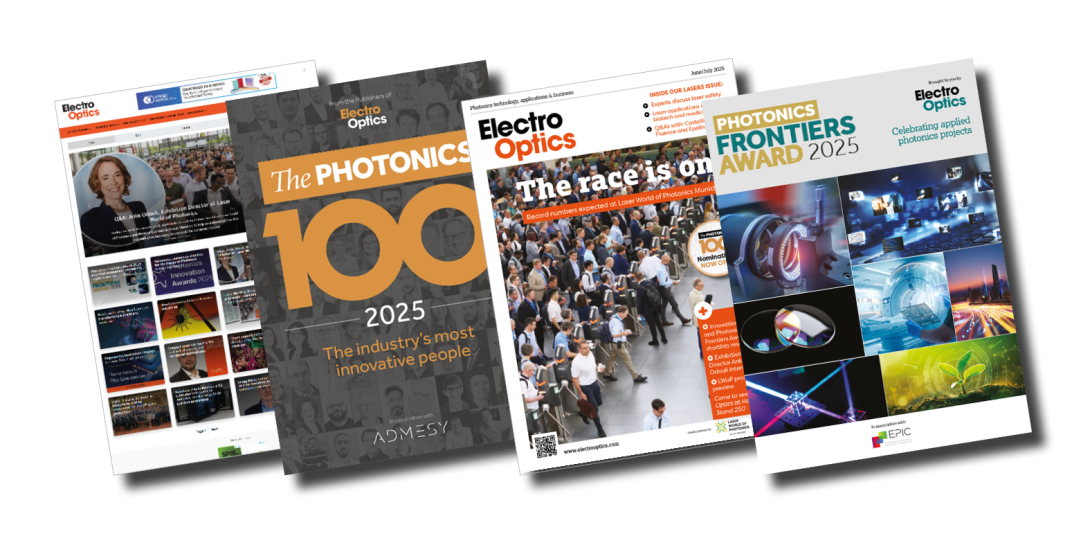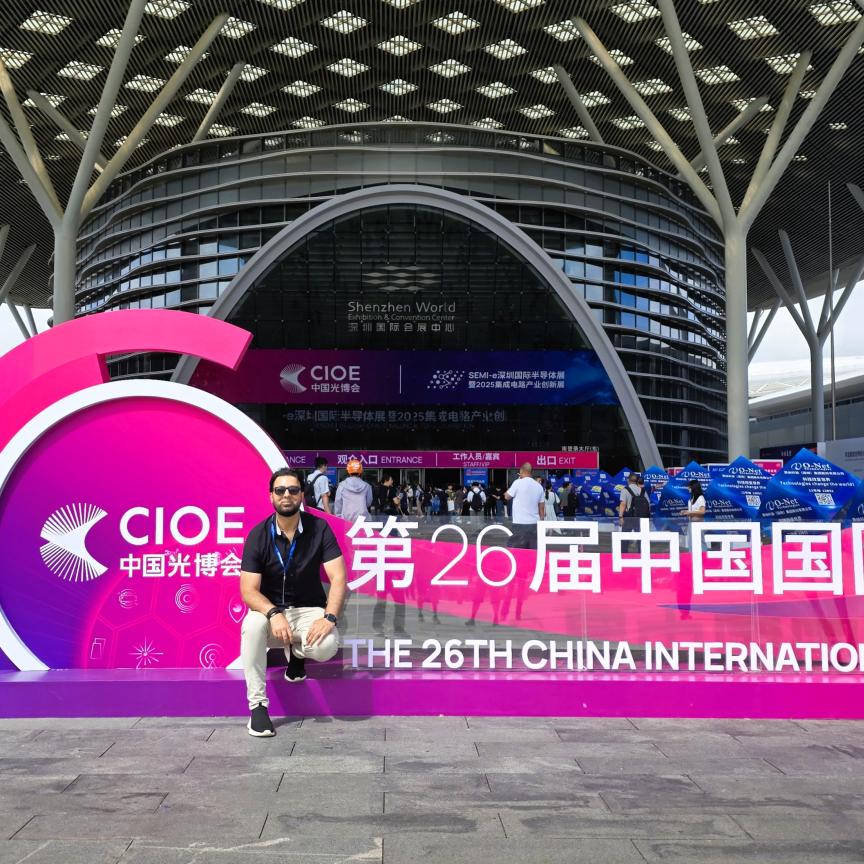The Photonics100: Callum Littlejohns Q&A

Callum Littlejohns, Cornerstone Coordinator
Ahead of The Photonics100 2024, Electro Optics spoke to previous honoree Callum Littlejohns about the future of his work.

Register for FREE to keep reading
Join 15,000+ photonics professionals staying ahead with:
- Exclusive insights, funding alerts & market trends
- Curated newsletters and digital editions
- Access to The Photonics100 list of R&D champions
- Exclusive panels & roundtables for professional development
- Technical White Papers & product updates to guide smarter decisions
Sign up now
Already a member? Log in here
Your data is protected under our privacy policy.


